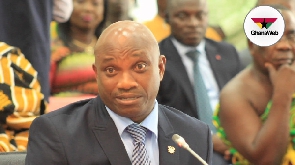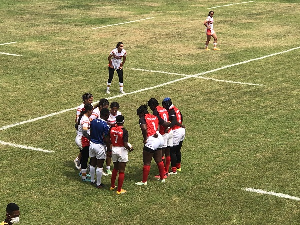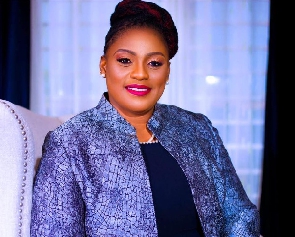Deputy Minister for Employment and Labour Relations, Bright Wireko-Brobbey, is encouraging workers to make hay whiles the sun shines by honouring their pension obligations in anticipation of their inevitable retirement.
He said it was critical that whiles people must survive today, there was the need for them to think of the future when they may be unable to engage in any venture that may bring them assured income.
According to Mr Wireko-Brobbey, pension receivables during retirement are a direct correlation of what one has contributed during his or her working life; a reason he said people must contribute today and live a comfortable life after their working years.
“Pension funds are a direct result of how much you earn. At times, people look at what they earn and say, ‘why should I go and pay this money’ whilst he sees pension in the next 20 years.
“I think it’s a national concern, and we must encourage people to think about their pension (in their active working days) because it is not too far,” he said.
Mr Wireko-Brobbey, Member of Parliament for Hemang Lower Denkyira, gave this counsel in Accra yesterday when he led management of the National Pensions Regulatory Authority (NPRA) to Parliament’s Public Accounts Committee sitting.
The Committee is sitting to consider the report of the Auditor-General on public boards, corporations and statutory institutions for the year ending December 31, 2017.
The Deputy Minister explained that the tier one and two pension schemes were compulsory unlike the third tier which is a voluntary one.
Chief Executive of the NPRA, Hayford Atta Krufi, giving an account of the pension regime in Ghana said, contributions to tiers one and two, largely by formal sector workers, were being received.
Same, however, he said, could not be said about tier three.
“People are contributing to the tier one and two because they have no control over it as it will be taken automatically from their salaries, but on his or her volition to contribute to the third tier, that education has not gone down very well,” he told the Committee.
Mr Krufi said there was the need to enhance education on tier three and how it works for people to make the contribution to serve as insurance for their future after work.
Chairman of the Committee, James Klutse Avedzi, said the low patronage of the third tier could be as a result of low remuneration.
He, in this regard, urged employers to remunerate their employees well for them to be able to contribute towards their future.
Business News of Friday, 11 September 2020
Source: ghanaiantimes.com.gh

















